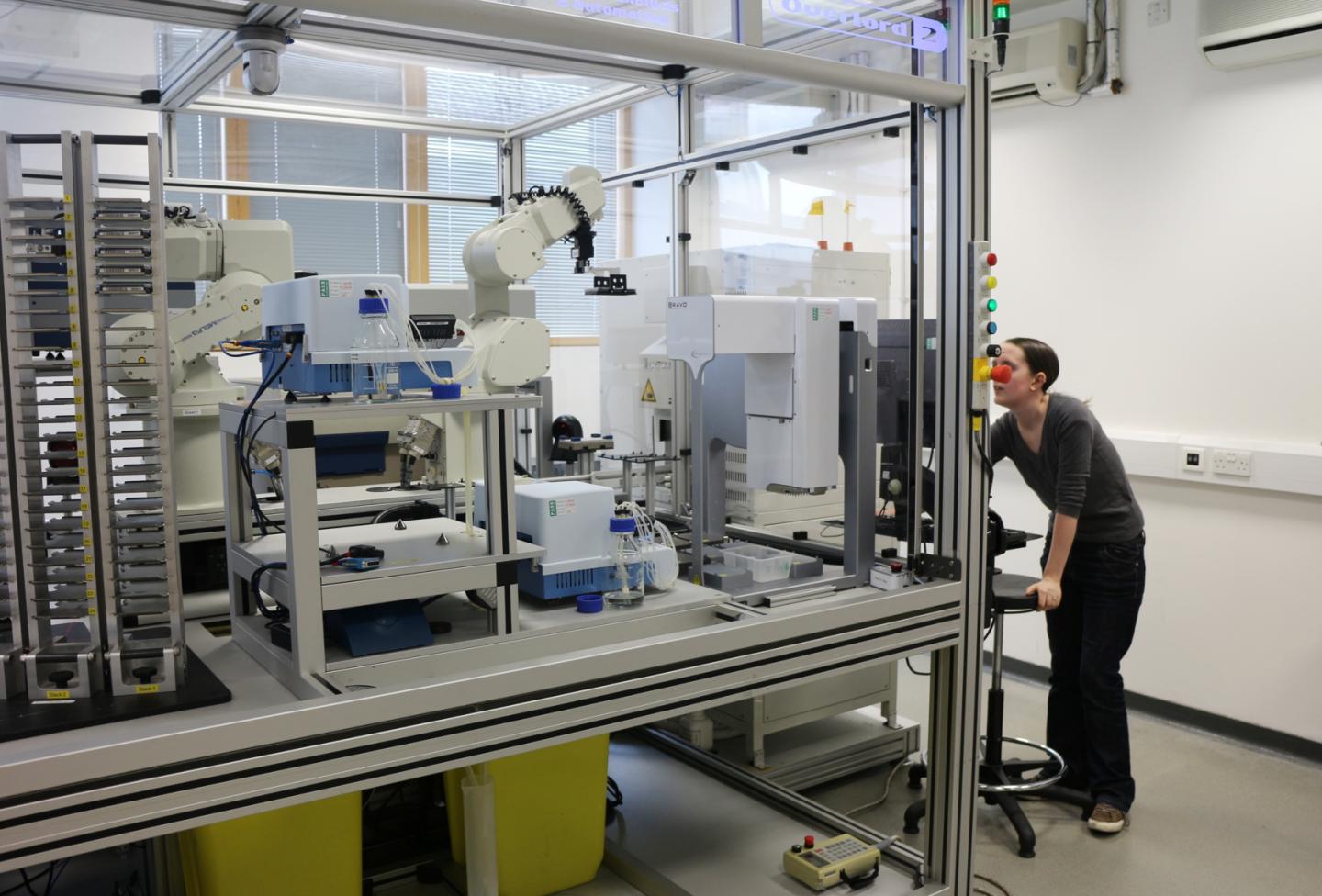|
Natural Language Processing (NLP) is a groundbreaking field of artificial intelligence that focuses on enabling computers to understand, interpret, and generate human language. As more interactions happen in the digital realm, NLP plays a pivotal role in revolutionizing communication and automating various tasks. At its core, NLP aims to bridge the gap between human language and machine understanding. By leveraging advanced algorithms and linguistic knowledge, NLP systems can process vast amounts of text data, extract meaning, and derive actionable insights. This ability has far-reaching implications across numerous industries, including healthcare, customer service, finance, and more. One area where NLP excels is in language translation. Traditionally, translating languages required human translators with expert linguistic knowledge. However, with NLP, automated translation systems have become increasingly sophisticated. Neural machine translation models powered by deep learning techniques have drastically improved translation accuracy, enabling real-time and cost-effective language translation services. Furthermore, NLP has vastly improved the efficiency of information retrieval and analysis. With the exponential growth of digital content, extracting relevant information from vast datasets can be overwhelming. NLP techniques such as named entity recognition, sentiment analysis, and topic modeling enable machines to categorize and organize information, making it easily accessible and understandable for users. This capability has transformed search engines, recommendation systems, and data analytics platforms, providing users with personalized and tailored experiences. In customer service, NLP-powered chatbots have become prevalent tools for handling customer inquiries and support. These AI-driven virtual assistants can comprehend user queries, provide relevant responses, and even engage in natural-sounding conversations. By automating routine customer interactions, businesses can enhance their responsiveness, save costs, and deliver consistent service quality around the clock. Additionally, NLP has made significant strides in the healthcare industry. It has enabled the development of clinical decision support systems that analyze medical records and research literature to assist healthcare professionals in diagnosing diseases, recommending treatments, and predicting patient outcomes. NLP algorithms can extract critical information from medical texts, identify patterns, and generate valuable insights that aid in evidence-based medicine. However, NLP is not without its challenges. Language is nuanced and context-dependent, making it difficult for machines to fully comprehend all aspects of human communication. Ambiguities, cultural references, and idiomatic expressions present hurdles for accurate language processing. Researchers are continually working on improving NLP models by incorporating contextual understanding, domain-specific knowledge, and more extensive training data to overcome these limitations. In conclusion, Natural Language Processing holds immense promise in revolutionizing communication and automating various tasks. Its impact can be seen across industries, transforming the way we communicate, retrieve information, and interact with technology. As NLP techniques continue to advance, we can expect even greater breakthroughs, enabling machines to understand human language more effectively and fostering a world where seamless human-machine interaction is the norm.  |
